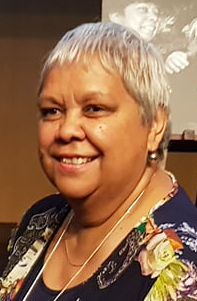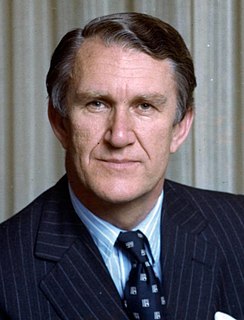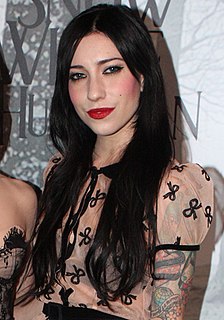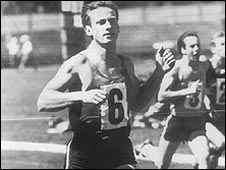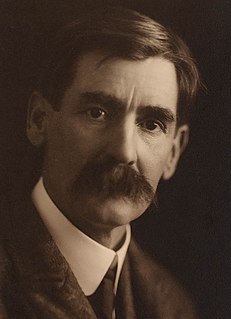A Quote by Jackie Huggins
For Indigenous Australians, equal rights and citizenship have not always translated into full participation in Australian society. All Indigenous Australians have only been counted in the census since the 1967 Referendum. Even so, State protection and welfare laws continued to control the lives of Indigenous Australians and denied them equal rights, well into the 1970's.
Related Quotes
Citizenship has not delivered Indigenous Australians the same quality of life other Australians expect. Basic human rights involve health, housing, education, employment, economic opportunity, and equality before the law, and respect for cultural identity and cultural diversity. These human rights must be capable of being enjoyed otherwise they are empty gestures.
That was an extremely unhelpful thing for Bill Shorten to say because those of us - and as the Attorney-General I've been closely involved in this along with my colleague Nigel Scullion, the Minister for Indigenous Affairs - what we have been trying to do for some years now, throughout the life of the Coalition Government in fact, is to bring the Australian people on a journey with us - conservative Australians as well as more progressive Australians, to persuade them that it is a seemly and fitting and decent and appropriate thing to recognise the first Australians in the Constitution.
As nations we should also commit afresh to righting past wrongs. In Australia we began this recently with the first Australians - the oldest continuing culture in human history. On behalf of the Australian Parliament, this year I offered an apology to indigenous Australians for the wrongs they had suffered in the past.
Australians want progression, Australians want equal rights, they want safer, more compassionate, more harmonious communities, and we're not allowing it to progress in that way. It's very disappointing, knowing Tony Abbott's conservative views, he's clearly not the person to be leading Australia in the present or the future.
We have reached a pivotal time in Indigenous affairs when for the first time, national attention is being paid to the horror of Indigenous family violence in this country. For the first time, an Australian Prime Minister has held a summit in the national capital to listen to concerns and ideas on this issue from a group of Indigenous leaders.
